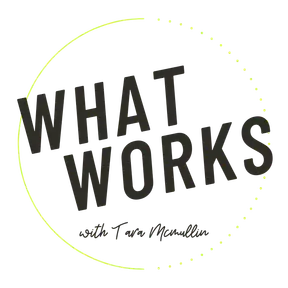EP 412: The Economics of Paying Attention (Part 1)
How does the principle of supply and demand influence what we pay attention to? (And who pays attention to us?)
Attention is a scarce (and precious) resource. A gargantuan number of media outlets, advertisers, influencers, and brands vie for our attention every day. In turn, many of us (including me) are out there trying to attract attention, too. At the same time, the changing nature of the attention market (as well as larger macroeconomic shifts) creates some real weirdness.
This is the first episode of a two-part deep dive into the economics of paying attention, getting attention, and audiences as a commodity. In this episode, we’ll question how an influencer can charge $100k per year for coaching, examine how attention scarcity impacts the market, and explore the “principal product of the mass media.” This episode is for you if you ever spend time on social media, consume any kind of traditional media, buy things, or hope people will buy things for you. We’ll get into the weeds—but all for the purpose of getting very, very practical.
Footnotes:
- “New wellness price point just dropped” Conspiratuality Instagram post
- “Paying Attention: The Attention Economy” via the Berkley Economic Review
- The World After Capital by Albert Wenger (available free)
- “Georg Franck’s ‘The Economy of Attention’: Mental capitalism and the struggle for attention” by Robert van Krieken
- “The Economy of Attention” by Georg Franck, translated by Silvia Plaza
- “The Audience Commodity and its Work” by Dallas Smythe
- Dallas Smythe 1979 lecture via SFU Communications
- “The Economics of Working Together with Kate Strathmann” on What Works
- “Dallas Smythe Today - The Audience Commodity, the Digital Labour Debate, Marxist Political Economy and Critical Theory” by Christian Fuchs
New episodes are published in essay form every Thursday at explorewhatworks.com. Get the delivered straight to your inbox, free of charge, by subscribing to What Works Weekly: explorewhatworks.com/weekly
If you’d like to learn more about how we can approach life and work differently, check out my book, What Works. I explore the history and cultural context that’s led us to this success-obsessed, productivity-oriented moment. Then I guide you through deconstructing those messages and then rebuilding a structure for work-life that works.

